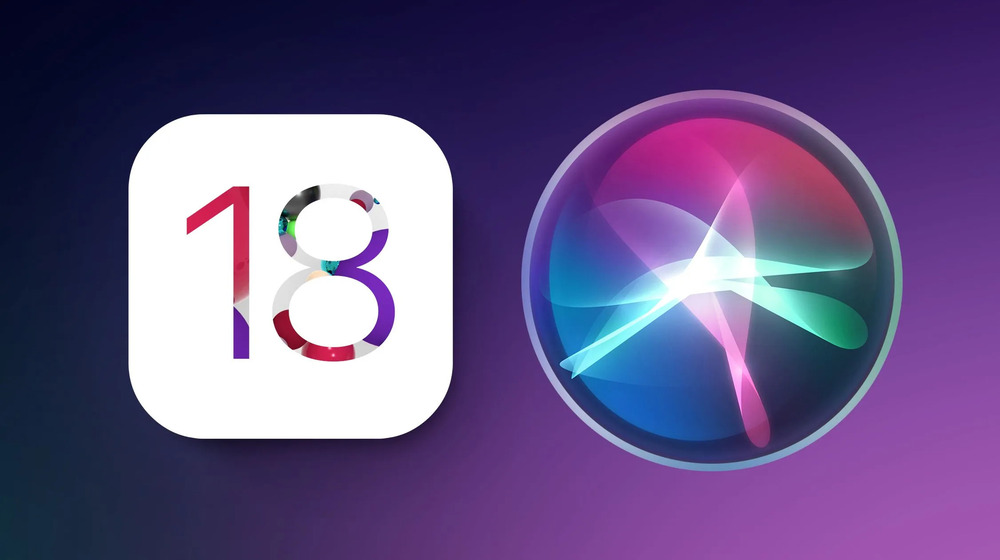According to Bloomberg’s Mark Gurman, a reliable source of Apple-related leaks, the Cupertino giant is working on introducing its own large language model (LLM) for its next iPhones through iOS 18.
The tech giant is said to be focusing on creating generative AI technologies that operate directly on devices, which is expected to bring multiple advantages compared to cloud-based generative AI.
Since it will not rely on internet connections with the cloud, Apple’s language model should work faster and will boast more privacy since it does not need to share any data with third-party clouds.
But Apple may also rely on cloud-based AI for some of its features since the company has reportedly been in talks with Google to license Gemini AI as well as Baidu to operate its devices in China since Google is not allowed there.
Gurman adds that iOS 18’s generative AI would enable Apple to compete with other AI assistants like Google’s Bard, OpenAI’s ChatGPT, and Microsoft’s Copilot. Gurman indicates that Apple will probably emphasize in its marketing how this technology can be useful in everyday activities.
It would also allow Apple to rival Samsung, Google, and multiple other Android OEMs which have recently added generative AI to their smartphones. But since Apple will be one of the rare companies to implement on-device generative AI, it would certainly give it an edge over its Android rivals.
However, Gurman points out that Apple is trailing behind leaders such as OpenAI and Google in advanced AI technology, and its initial offerings might not match up to its competitors. He adds that since the LLM will operate directly on the iPhone’s processor, the AI tools may be somewhat less robust and comprehensive in certain situations. But as mentioned earlier, it would still have an advantage in terms of response speed and privacy.
Apple has been acquiring AI startups left and right. Most recently, the iPhone maker has bought Datakalab, a French AI startup that specializes in low power, runtime efficient, and deep learning algorithms that work on devices. Another Paris based startup that focuses on visual computing devices has recently joined Apple as well.






